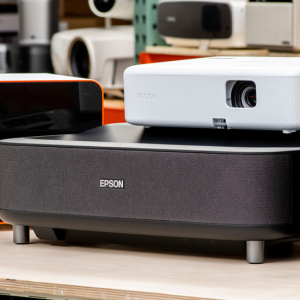Smart rings have emerged as one of the most exciting wearable tech innovations of 2025. These compact devices combine the power of health tracking, sleep monitoring, and even contactless payments — all within the discreet, stylish design of a ring. Unlike bulky smartwatches or fitness bands, smart rings are more comfortable to wear, energy-efficient, and subtle enough to blend into both professional and casual settings.
What sets smart rings apart is their focus. Most are dedicated to tracking specific wellness metrics such as heart rate, body temperature, oxygen saturation, or sleep quality with great precision. Some go further by supporting NFC payments or integrating with broader smart ecosystems like Samsung Health or Apple Health. Whether you’re an athlete, a tech enthusiast, or someone who simply wants better insight into their health, a smart ring in 2025 offers real benefits.
In this guide, Savings24x7 have selected the top 10 smart rings based on their performance, features, value, and overall user experience. From advanced analytics to design and durability, we break down the best options for your lifestyle. Let’s dive into the smartest rings you can wear this year.
Top Smart Wearable Rings Right Now
To help you make the right choice, we’ve put together a quick comparison of the top 10 smart rings of 2025. This table highlights the most important features — from health tracking and battery life to payment support and subscription needs. Use it to easily spot which smart ring best fits your lifestyle and priorities.
1. Oura Ring Gen 4
Oura Ring Gen 4 is a leader in the smart ring market, especially for health-focused users. Its sleek titanium build houses an impressive array of sensors that track sleep, heart rate, body temperature, and recovery status. What makes it unique is its Readiness Score — an intelligent measure of how prepared your body is to take on stress or exercise, based on personalized biometrics. The ring syncs seamlessly with Apple Health and Google Fit, providing in-depth insights via the Oura app. While it lacks a display and requires a monthly subscription for full data access, its accuracy and design make it a top-tier choice for biohackers, athletes, and wellness enthusiasts.
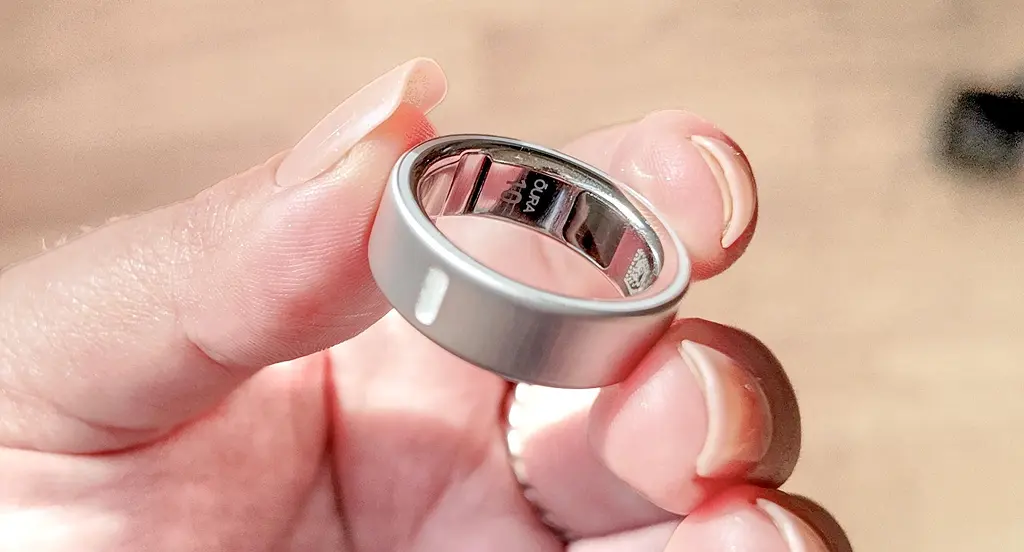
2. Samsung Galaxy Ring
The Samsung Galaxy Ring is one of 2025’s most anticipated releases, offering a complete integration with the Samsung ecosystem. It supports health tracking, real-time heart rate monitoring, sleep insights, and NFC-based contactless payments. Built with titanium and IP68-rated waterproofing, it combines functionality with style. One standout feature is its ability to sync directly with Samsung SmartThings, allowing smart home control via gesture. Unlike many of its competitors, the Galaxy Ring doesn’t require a subscription, making it a more affordable long-term option. However, its best features are unlocked when used with Samsung phones and wearables, which could limit appeal to non-Samsung users.
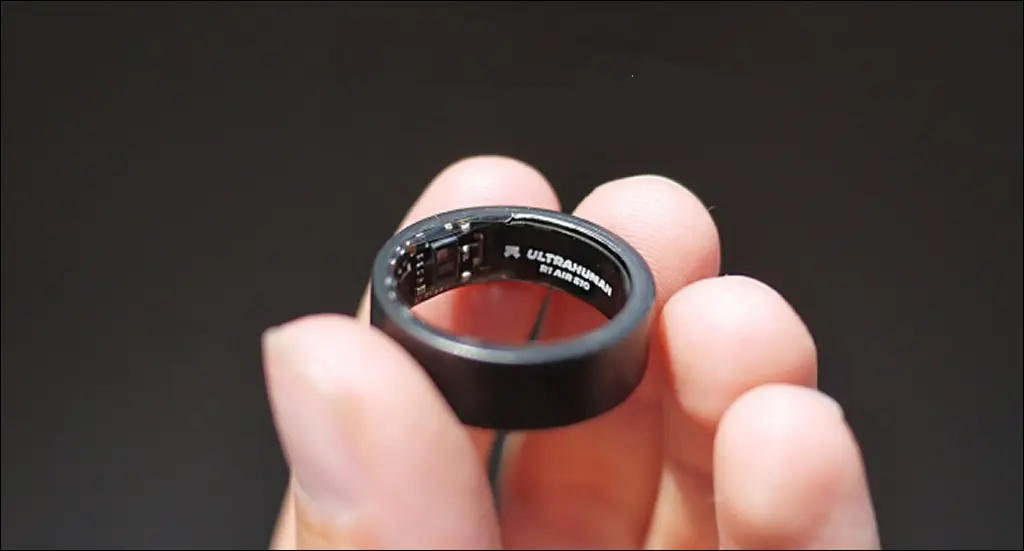
3. RingConn Smart Ring
RingConn has become a popular alternative to pricier options like Oura. It offers 24/7 health monitoring, including heart rate, SpO2, skin temperature, and stress level detection. Its open-access model means no subscription is required to access your full data history, which makes it a great value choice. The design is lightweight, modern, and available in multiple finishes. It syncs well with both Android and iOS devices, and the companion app provides easy-to-understand health trends. However, it lacks payment features and smart assistant integration, which keeps it focused strictly on health and wellness tracking.
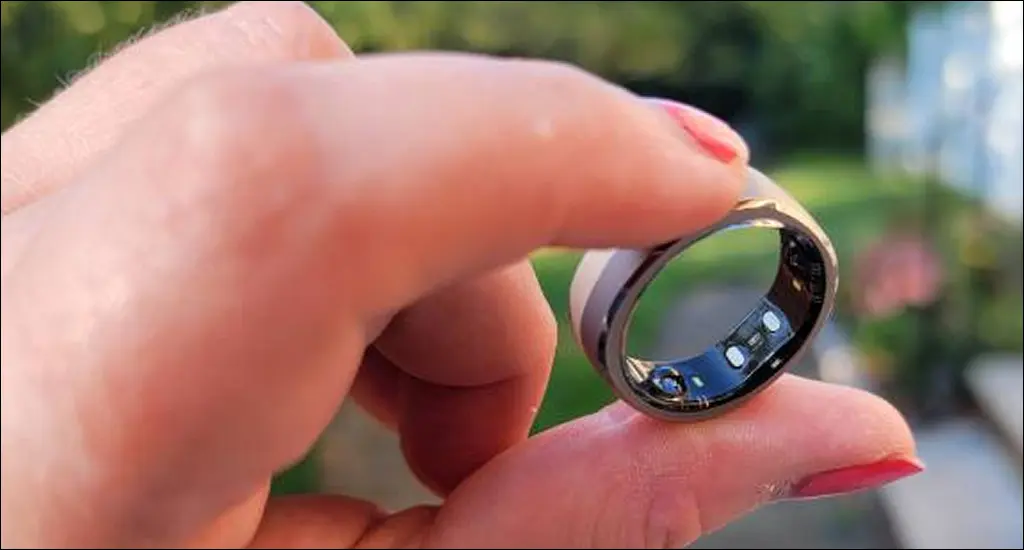
4. Circular Ring Pro
Circular Ring Pro is a smart ring with a strong focus on customization and productivity. Aside from robust health metrics like heart rate variability, sleep score, and oxygen levels, it includes a vibration alarm system and gesture controls for managing music, calls, and smart devices. The Pro version adds advanced AI features through the “Kira+” assistant, offering voice-driven feedback on your health. It supports contactless payments and has a user-replaceable outer shell for those who want different looks. While the 4-day battery life is shorter than competitors, its feature set rivals many smartwatches in ring form.
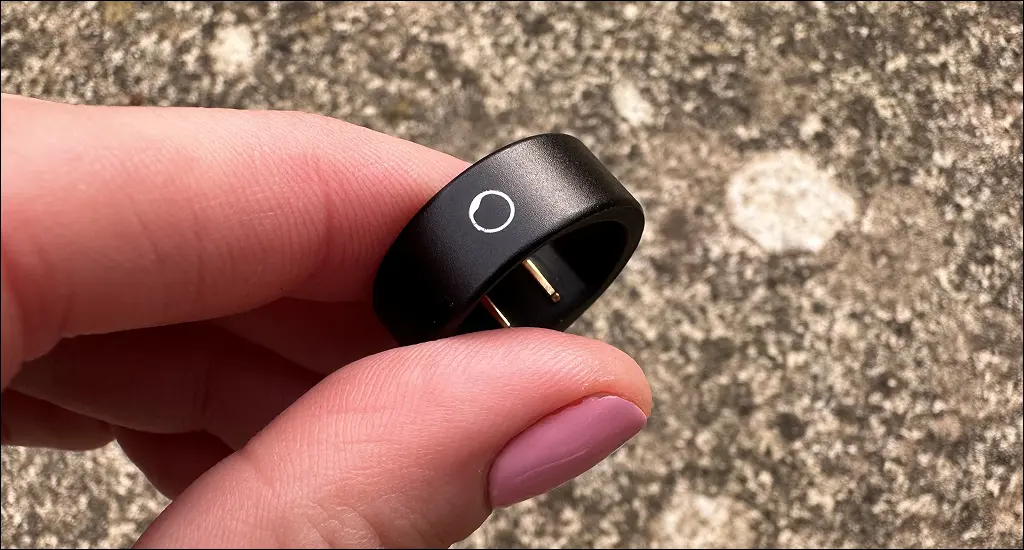
5. Ultrahuman Ring Air
Ultrahuman Ring Air is designed for fitness and metabolic optimization. It offers insights on heart rate variability, movement, temperature, and recovery readiness, but what sets it apart is its integration with continuous glucose monitors (CGM). This makes it especially useful for athletes, intermittent fasters, and biohackers looking to understand how diet and sleep affect performance. The ring is lightweight, hypoallergenic, and comes with no subscription costs. However, it doesn’t yet support contactless payments or app integrations beyond its own ecosystem, limiting its flexibility for tech-savvy users.
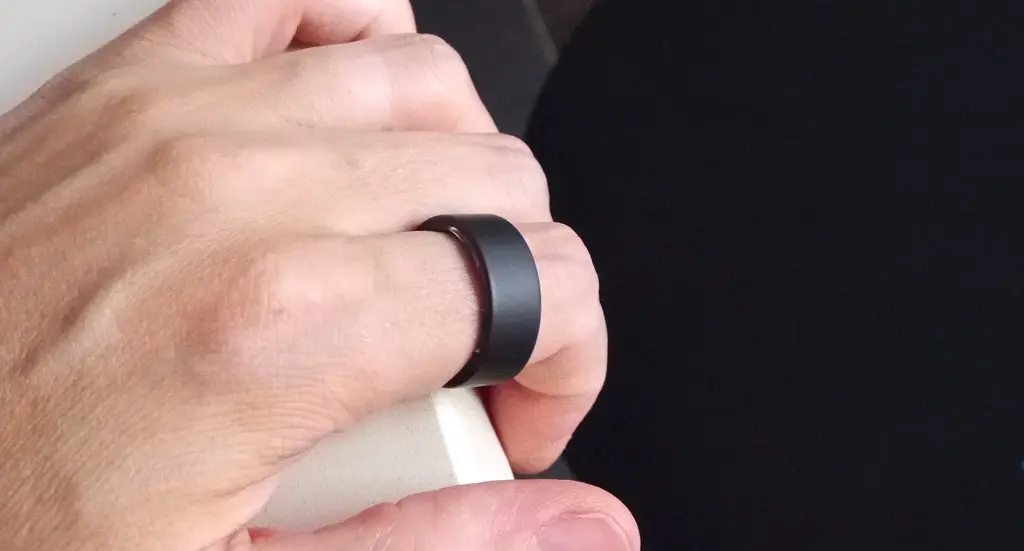
6. Amazfit Helio Ring
From the makers of Zepp Health, the Amazfit Helio Ring is a budget-friendly smart ring offering reliable fitness tracking. It monitors sleep, stress, heart rate, and readiness, and syncs with the Zepp app. While it doesn’t have the premium build quality of titanium rings, it’s lightweight and durable for daily wear. Its biggest strength is affordability — it delivers many of the features of higher-end smart rings at nearly half the cost. It doesn’t support NFC or smart home integration, making it more suited to beginners or casual health users than power users.
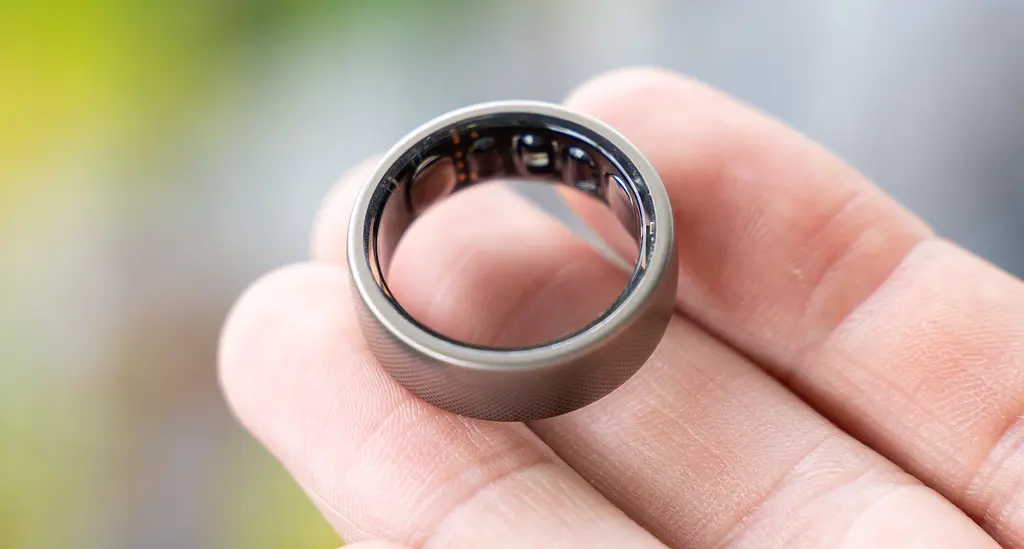
7. Evie Ring by Movano
The Evie Ring is one of the first smart rings designed specifically for women, combining health tracking with menstrual and ovulation insights. It also tracks heart rate, SpO2, skin temperature, and stress levels, offering a holistic view of physical wellness. Evie is FDA-registered, making it a standout in terms of medical-grade accuracy. It’s lightweight, elegant, and doesn’t require a subscription. However, it’s not ideal for broader audiences or users seeking contactless payment or workout tracking features, as its design and functions are specifically tailored toward women’s health.
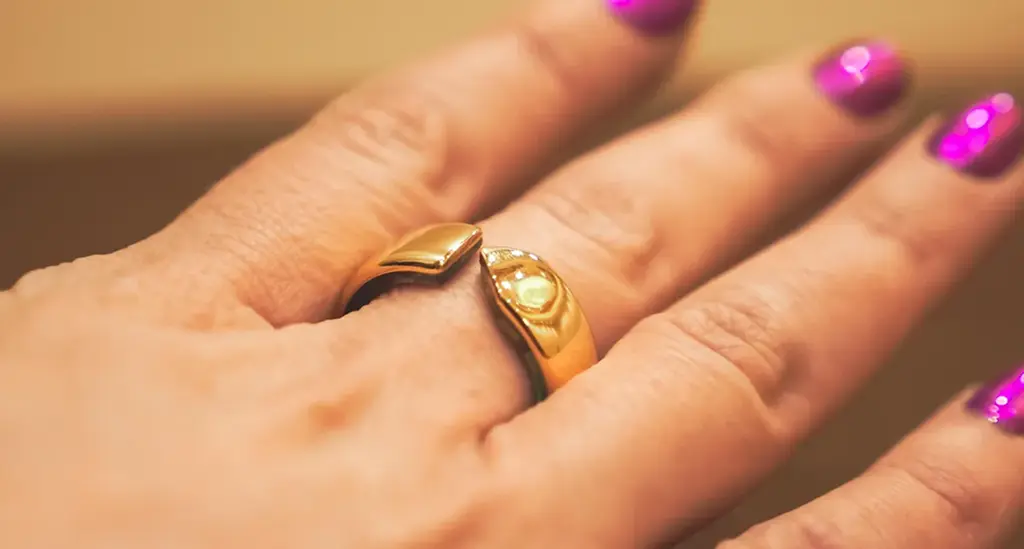
8. McLear Smart Ring
McLear focuses on secure contactless payments and smart authentication over health tracking. The ring works using NFC technology, allowing users to make payments worldwide without needing to carry a card or phone. It’s also used for unlocking smart locks and verifying identity in secure environments. The McLear Ring is waterproof, stylish, and comes with bank-grade encryption. However, it offers no health or sleep tracking features, so it’s best for users who want a secure and convenient payment wearable without additional biometric functions.
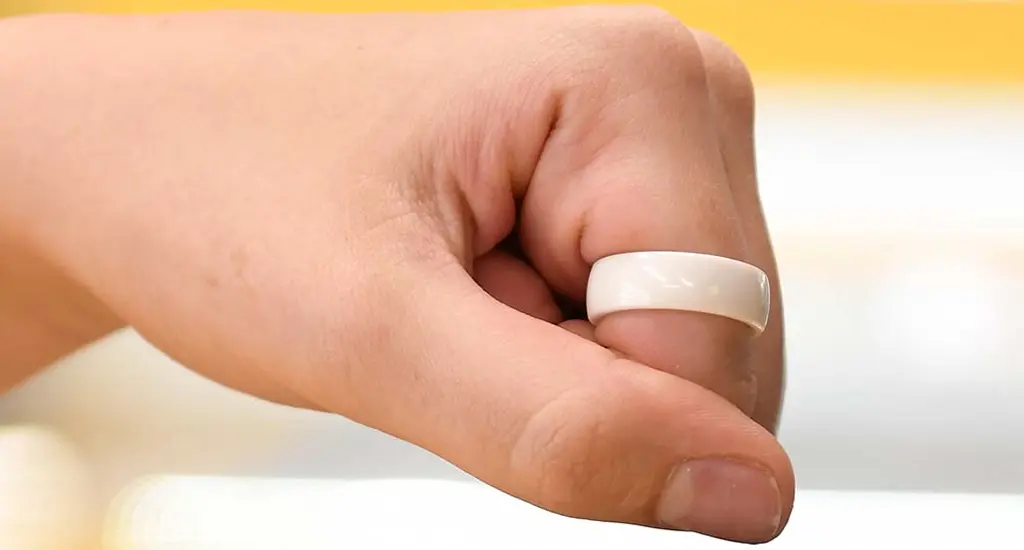
9. Go2Sleep Ring
The Go2Sleep Ring is a specialized smart ring built for sleep tracking and sleep apnea detection. It measures oxygen saturation, heart rate, and movement while you sleep, offering nightly sleep quality reports. Its small, soft design is ideal for comfortable overnight wear. It syncs with the SleepOn app and is often recommended by sleep clinics. That said, it lacks daytime features, contactless payment, or smartwatch integrations, so it serves a very specific need: sleep improvement and health diagnostics.

10. Prevention Circul+ Ring
The Circul+ ring by Prevention is geared toward medical-grade health tracking. It provides continuous blood oxygen monitoring, temperature, pulse rate, and even ECG data. It’s popular among older adults or users with chronic conditions who need real-time insights for preventative care. The ring has FDA approval and can be synced with telemedicine apps. However, its design is more functional than stylish, and it requires a subscription to unlock full reporting features, making it less appealing for the average consumer looking for a lifestyle accessory.
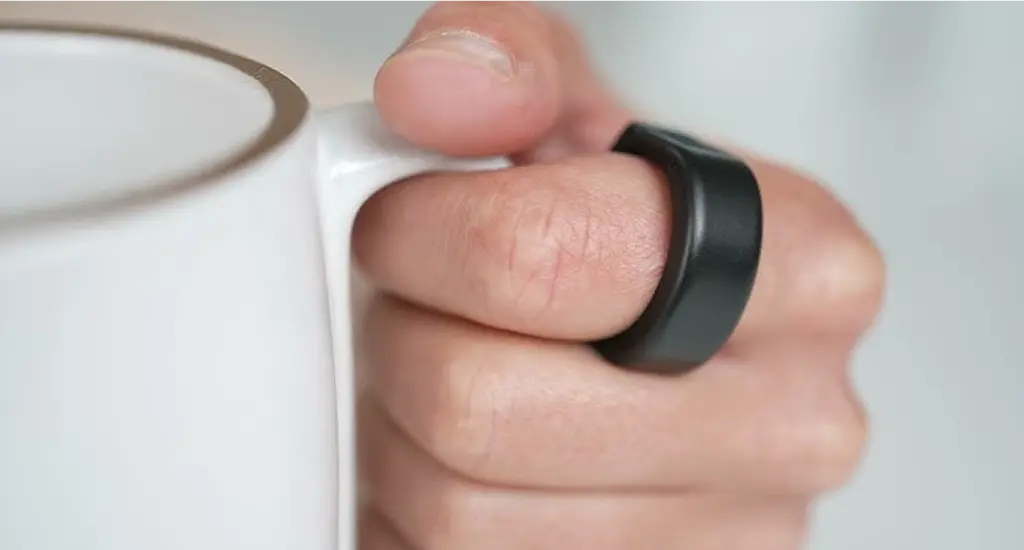
Smart Ring Comparison 2025
| Smart Ring | Health Tracking | Sleep Monitoring | Contactless Payments | Battery Life | Subscription Needed | Best For |
|---|---|---|---|---|---|---|
| Oura Ring Gen 4 | ✅ | ✅ | ❌ | 7 Days | ✅ | Health & recovery insights |
| Samsung Galaxy Ring | ✅ | ✅ | ✅ | 5 Days | ❌ | Samsung ecosystem users |
| RingConn Smart Ring | ✅ | ✅ | ❌ | 6 Days | ❌ | Budget-conscious health users |
| Circular Ring Pro | ✅ | ✅ | ✅ | 4 Days | ❌ | Advanced customization |
| Ultrahuman Ring Air | ✅ | ✅ | ❌ | 7 Days | ❌ | Biohackers & athletes |
| Amazfit Helio Ring | ✅ | ✅ | ❌ | 5 Days | ❌ | Entry-level fitness tracking |
| Evie Ring by Movano | ✅ | ✅ | ❌ | 4 Days | ❌ | Women’s health |
| McLear Smart Ring | ❌ | ❌ | ✅ | 5 Days | ❌ | Contactless payments |
| Go2Sleep Ring | ✅ | ✅ | ❌ | 3 Days | ✅ | Sleep improvement |
| Prevention Circul+ | ✅ | ✅ | ❌ | 3 Days | ✅ | Medical-grade monitoring |
Conclusion
Smart rings have matured into an essential part of the wearable ecosystem in 2025. They deliver high-performance health tracking, better sleep monitoring, and even secure payments — all packed into a tiny ring you can wear 24/7. Whether you want a powerful wellness companion like the Oura Ring Gen 4, a full ecosystem experience with Samsung Galaxy Ring, or a budget option like Amazfit Helio, there’s a smart ring for everyone.
Each ring excels in different areas: fitness and biohacking, female health, sleep disorders, or contactless convenience. With no bulky screens and week-long battery life, smart rings are here to stay — and perhaps even replace smartwatches for many users.
Before buying, identify what matters most: health insights, app compatibility, or gesture control. Then match that need with the right ring from this list. With the help of this guide, you’re now ready to choose the best smart ring of 2025 to match your lifestyle and goals.
If you’re into wearable tech, you’ll also love our roundup of 10 Must-Have Bluetooth Speakers for Any Bash — perfect for taking your music everywhere in style. Don’t miss it!







